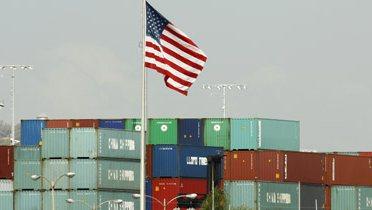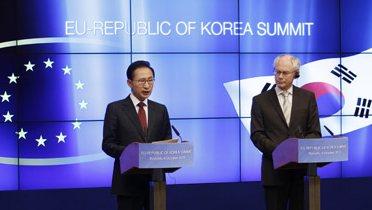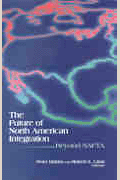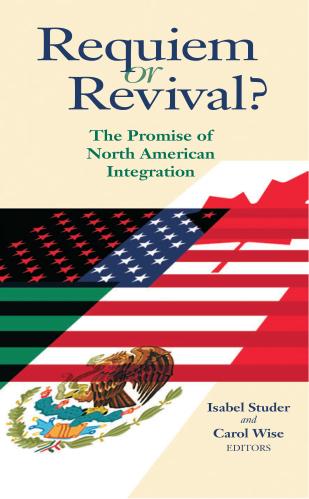The focus of the recently signed Korea-U.S. Free Trade Agreement (KORUS) has been on the economic benefits to the automobile and agriculture sectors. While KORUS will most likely expand U.S. markets for these products, the agreement should deliver a range of other economic benefits that in the long-term will likely be of substantially greater benefit to the U.S.
Services exports are one area where the U.S. should reap significant economic benefits from KORUS. Increased exports of services such as finance, legal, accounting, telecommunications, health care and education, and areas of specialization and knowledge intensity that the U.S. excels in underpins U.S. economic growth more broadly and should be the driver of trade relations going forward.
Direct investment between the U.S. and Korea should also increase as a result of KORUS. In fact, the bilateral investment relationship between the U.S. and Korea is arguably underdeveloped. In 2007, total bilateral investment was approximately $38 billion, compared with $81 billion in bilateral trade during the same period. KORUS includes investment protections, dispute settlement provisions and rules governing the development and implementation of investment regulations. This should improve the investment climate in Korea for U.S. business, strengthen the rule of law and increase the transparency of Korea’s rules and regulations.
Other provisions in KORUS that are important but have yet to figure in the headlines are the rules governing how each country develops new regulations affecting trade. The FTA requires regulations to be developed in a transparent manner and opportunities are given for each country to consult regarding their development. The Obama administration has assumed that the U.S. already complies with these provisions. While the impact of such provisions on Korea are difficult to quantify, they will likely have a range of benefits for U.S. business, including increased certainty and greater understanding of Korea’s regulatory environment, encouraging increased trade and investment.
The emphasis on transparency and consultation should also enhance the capacity of U.S. business to spot developments in Korea of potentially discriminatory laws. All these commitments are, of course, legally binding. These provisions should also provide some multilateral benefits, as a more transparent and consultative development of laws and regulations affecting trade and investment in Korea should benefit all of its trading partners.
The next step is for KORUS to be passed by Congress. The conventional view is that Republicans are more trade-friendly than Democrats; and with control of the House passing to the Republicans in January 2011, passage of KORUS in the first half of 2011 is a real possibility. However, it remains to be seen how the freshman Tea Party Republicans will vote on trade. Passage of KORUS through the Senate will also be a challenge, as some Democrat senators have already signaled that KORUS does not do enough to improve access for U.S. goods such as beef.
In addition to the economic benefits of KORUS, there are important strategic outcomes. KORUS will compliment the already close bilateral security relationship, and reinforce the overall strength of the U.S.-Korea relationship during a period of heightened tension on the Korean peninsula following North Korea’s sinking of the Cheonan in March 2010 and its recent shelling of Yeongpeong Island. KORUS also signals renewed U.S. engagement with Asia more broadly, partly in light of China’s recent assertiveness over the Senkaku Islands and the South China Sea and the increasing economic importance of the region for the United States. Passage of KORUS in 2011 would also address U.S. concerns about the competitive implications for U.S. business of the EU-Korea FTA that was signed in October 2010.
What remains to be seen is whether KORUS marks the beginning of a broader engagement by the Obama administration on trade, whether it will now get behind passage of the Colombia and Panama FTAs, what this means for the Trans-Pacific Partnership FTA negotiations and whether this is another FTA that takes the economic steam out of Doha or is the beginning of renewed engagement by the administration with the Doha Round.
The Brookings Institution is committed to quality, independence, and impact.
We are supported by a diverse array of funders. In line with our values and policies, each Brookings publication represents the sole views of its author(s).








Commentary
Op-edA Closer Look at the Korea-U.S. Free Trade Agreement
December 8, 2010